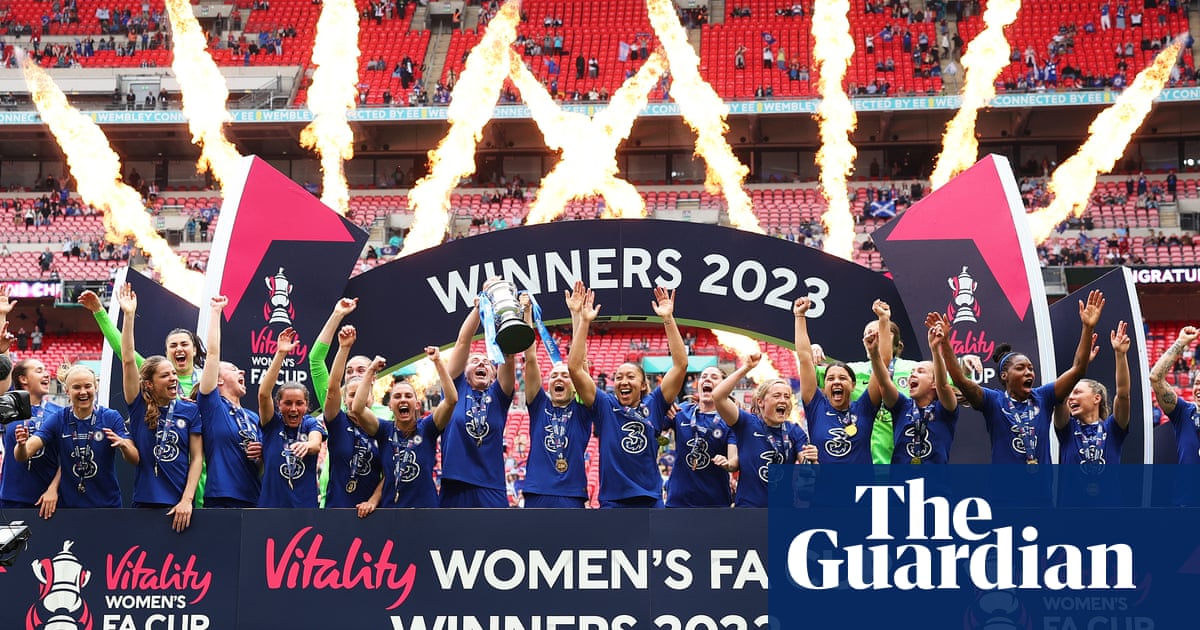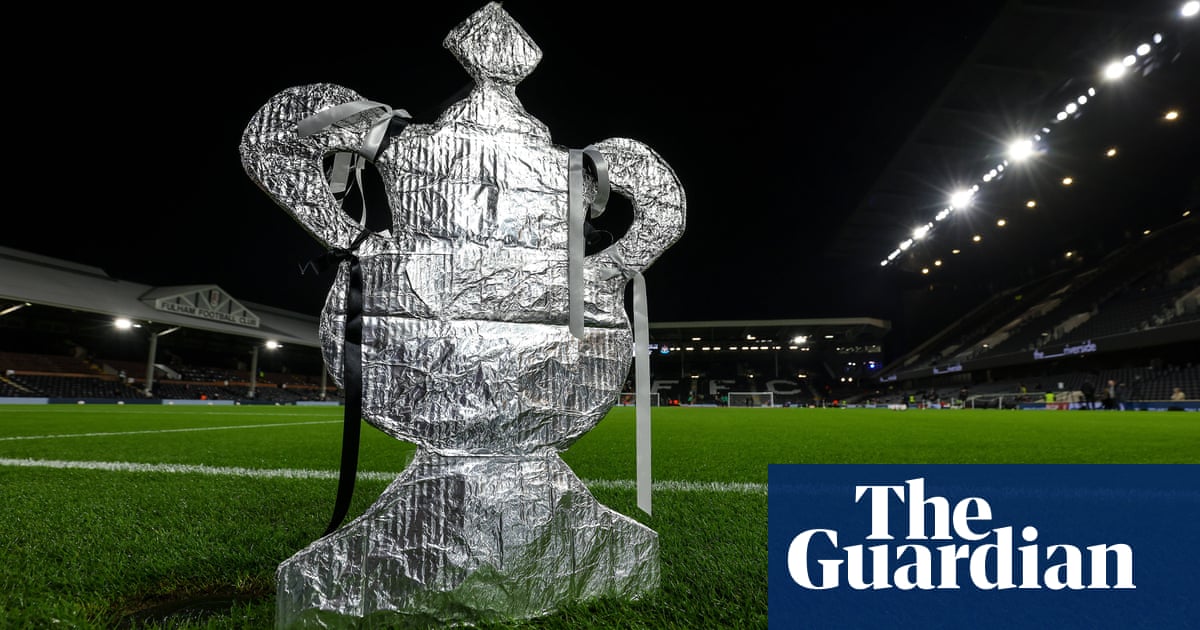
It should not even be a cause for argument when the figures are so damning. This weekend, the eight teams who progress from the fifth round of the Women’s FA Cup will receive £3,000 in prize money, with £750 on offer to the losers. In the men’s competition, it will be £360,000.
Whatever way you spin or excuse it, no matter how hard you try to explain the disparity, the financial rewards offered in the Women’s FA Cup are ridiculously low, barely covering the travel costs if playing away.
It is all well and good boasting that this year’s prize money fund is the largest ever for a Women’s FA Cup, but what might seem like progress is largely meaningless when it still falls well short of what it should be. It borders on insulting when you realise that the men’s prize money pot is 100 times larger. It needs to change.
Yet the Football Association refuses to budge, pretending to listen while pointing to the huge investment they have made in the national team and the Women’s Super League. Those projects have undoubtedly raised the profile of women’s football enormously.
They have been widely praised for doing so, but to use that to justify the huge gulf in prize money is a distraction technique rather than a counter argument.
This is about closing the gender pay gap, it is about offering clubs a financial incentive to take women’s football seriously and a willingness to give them a proper slice of the cake, not just a few of crumbs. Most of all, it is about fairness.
“Whilst we recognise there is currently a significant disparity between prize money for the men’s and women’s competitions,” an FA spokesman told The Daily Telegraph, “these are determined by the amounts of money generated through commercial revenue, including national and international broadcast rights.
“The Emirates FA Cup is the biggest revenue producer for the FA and currently generates £212 million per annum. This revenue enables us to invest back into football at all levels and we have made significant progress to develop the women’s game as a result.
“We have invested over £18 million into the Gameplan for Growth, our ambitious strategy for the women’s game, which plans to double participation, deliver professional and semi-professional women’s football and a successful England team.
“We are also developing a five-year strategy with the Barclays FA Women’s Super League and FA Championship clubs to grow audiences and revenues, which will help make women’s football in England more commercially viable in the future and allow further reinvestment.”
Much of the above is admirable, but there is no sound reason why the women’s prize money is worth just one per cent of the men’s.
To put things into context, a team who progress through the first two rounds of preliminary qualifying in the men’s FA Cup will receive £2,890, with £960 to the losers.
These are part-time teams playing in the bottom divisions of the football pyramid, yet they will collect the same prize money for winning two games in qualifying as the women’s teams who reach the quarter-finals of their competition.
As for the team who win the men’s final in May, they will collect prize money totalling almost £6.8million, with the runners-up taking home just under £5 million. The women’s team will have £42,100 to show for their success, with the runners-up receiving £32,000.
That is less prize money than the winners of the men’s FA Vase receive, in a cup competition made up entirely of clubs playing below the eighth tier of the men’s game.
Women’s football is not asking for equal pay, they do not want the same prize money as the men. They accept all the things the FA says, that there is more interest, more sponsorship and far more lucrative television deals in the men’s game, but neither should they have to accept that this is as good as it gets.
There are many within the women’s game who are uncomfortable talking about money, shying away from anything that might be perceived as greed, while trying to avoid unhelpful comparisons with the men’s game when they already know they cannot rival it in terms of popularity or wealth.
It is easier not to complain, but if clubs are going to stop viewing women’s teams as a gesture, if they are going to stop seeing them as a drain on resources, they need to see proper financial rewards, not token gestures.












